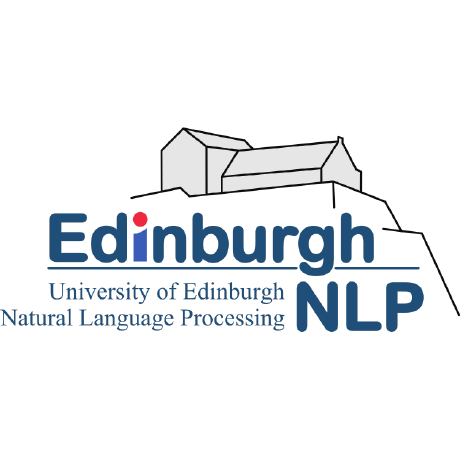Discover and explore top open-source AI tools and projects—updated daily.
HaluEval by  RUCAIBox
RUCAIBox
Benchmark dataset for LLM hallucination evaluation
Top 57.8% on SourcePulse
HaluEval provides a large-scale benchmark for evaluating the hallucination detection capabilities of Large Language Models (LLMs). It targets researchers and developers working on LLM safety and reliability, offering a comprehensive dataset and tools to assess how well models identify fabricated information across various tasks.
How It Works
HaluEval constructs a 35K sample dataset by generating hallucinated responses for LLMs using ChatGPT. It combines 5,000 general user queries (sampled from Alpaca) with 30,000 task-specific examples from Question Answering (QA), Knowledge-Grounded Dialogue, and Text Summarization. For task-specific data, it uses existing datasets (HotpotQA, OpenDialKG, CNN/Daily Mail) as seeds, employing ChatGPT with specific instructions to create one-pass and conversational hallucinated samples. A filtering mechanism, enhanced by ground-truth examples, selects the most plausible and challenging samples for evaluation.
Quick Start & Requirements
- Install dependencies and run generation/evaluation scripts from
generationandevaluationdirectories. - Requires Python, and access to datasets like HotpotQA, OpenDialKG, and CNN/Daily Mail (links provided for download).
- Evaluation requires specifying the task (e.g.,
qa) and the model to be evaluated (e.g.,gpt-3.5-turbo).
Highlighted Details
- 35K human-annotated and generated hallucinated samples.
- Covers QA, dialogue, and summarization tasks.
- Includes code for data generation, model evaluation, and analysis (e.g., using LDA).
- General user queries are human-annotated for hallucination labels.
Maintenance & Community
The project is associated with the paper "HaluEval: A Large-Scale Hallucination Evaluation Benchmark for Large Language Models" and lists authors from Tsinghua University and the University of Montreal. No specific community channels or roadmap are mentioned in the README.
Licensing & Compatibility
The repository is released under the MIT License, permitting commercial use and modification.
Limitations & Caveats
The data generation process relies heavily on ChatGPT, which may introduce its own biases or limitations. The effectiveness of the benchmark is dependent on the quality of ChatGPT's generated hallucinations and the human annotation for general queries.
2 years ago
Inactive

 RLHF-V
RLHF-V lamini-ai
lamini-ai LuckyyySTA
LuckyyySTA obalcells
obalcells shikiw
shikiw KRLabsOrg
KRLabsOrg showlab
showlab HillZhang1999
HillZhang1999 jlko
jlko potsawee
potsawee EdinburghNLP
EdinburghNLP vectara
vectara